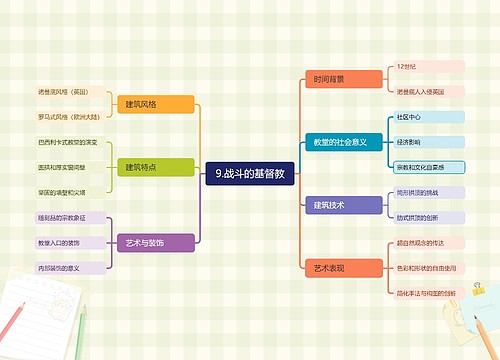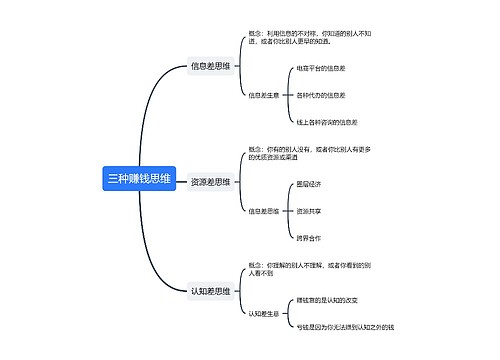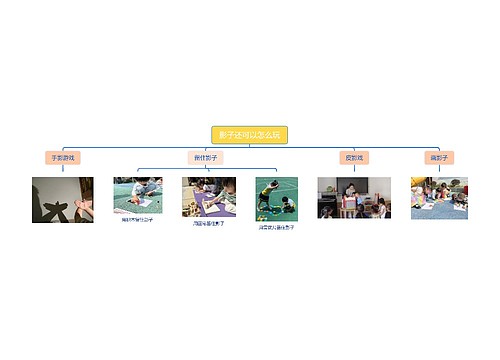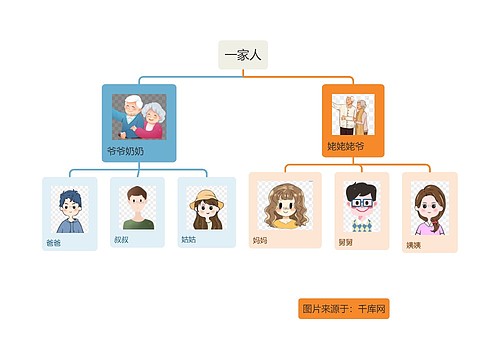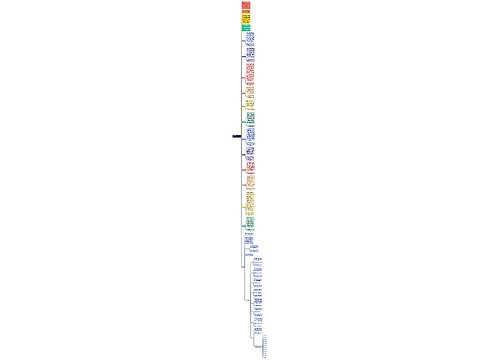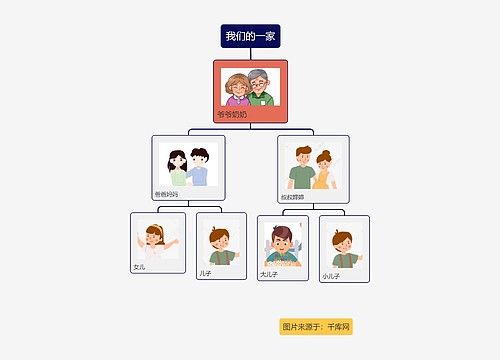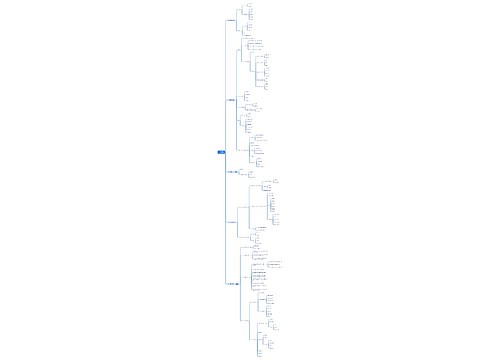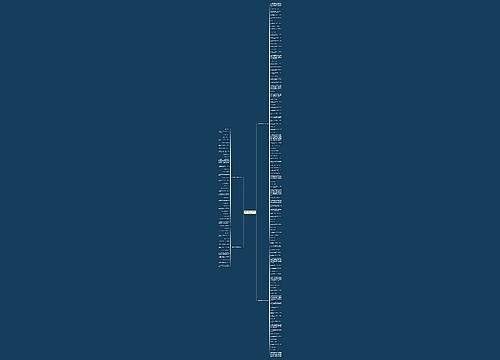1. WhywillyoubehereonSunday?周日你为什么将要在这儿?
2. 疑问句:Be动词+主语+goingtodo/Will+主语+动词原形。
3. 将来完成进行时:"Ishallhavebeenlistening"表达一个动作会在将来某一时刻开始,并一直延续到将来另一时刻。
4. 基本结构:have/has +been+doing
6. ThereisgoingtobeafilmnextSunday.
7. Thedogwillhaveahouse.狗就要有窝了
8. 概念:过去发生或已经完成的动作对现在造成的影响或结果,或从过去已经开始,持续到现在的动作或状态。
9. 定义:表示将来某一时段的动作或状态,或将来某一段时间内经常的动作或状态,常与表示将来的时间状语连用,如 tomorrow,later,soon,next week/month/year 或 in two days 等等。
10. 概念:经常、反复发生的动作或行为及现在的某种状况。
11. Shewillhaveadaughter.她就会有个女儿了
12. 用将来完成进行时造句挺难的,這是一个万能造句的方法
13. Hewillcleantheclassroomup.
14. 例句:He said he would go to Beijing the next day. I asked who was going there.
16. YouandIwillworkinthesamefactory.你和我将在同一工厂工作。
17. Ishall/willbefreeonSunday.星期天我有空。
19. 在therebegoingtobe中,前面的第一个be是begoingto中的be,后面的第二个be是therebe结构中的be.如:
20. Shallwegothereatfive?我们五点钟去那儿?
21. 例子:I have been sitting here for an hour. The chirdren have been watching TV since six o'clock.
22. 否定形式:have/has + not +done.
23. Bytheendofnextmonth,.
24. 时间状语:by the time of;by the end of+时间短语(将来);by the time+从句(将来)
27. MymotherwillcookBeijingDuckforlunch.
28. Hewillgetmarried.他就快结婚了。
29. 将来完成进行时强调动作过程在另一动词之前的长度。
30. Therewillbeaconcerttomorrow.明天将有一场演唱会。
31. 一般将来时表示将来某一时刻的动作或状态,或将来某一段时间内经常的动作或状态。在英语时态中,"时"指动作发生的时间,"态"指动作的样子和状态。
32. Willyoupleaseopenthedoor?请你把门打开?
33. Bytheendofnextmonth,theprojectwillhavebeenbeingworkedfor3years.
35. heshallberewarded.他会得到回报。
36. 例句:. It seldom snows here. He is always ready to help others. Action speaks louder than words..
39. 概念:表示现阶段或说话时正在进行的动作及行为。
40. 举例:Hewillgetmarried.他就快结婚了.
41. 基本结构 s+was/were+doing
42. 例句:They are going to have a competition with us in studies. It is going to rain.
44. 一般疑问句:was或were放于句首;would/should 提到句首。
45. Iwillhavebeenworkingforyourcompanyfortenyearsbythistimenextmonth.
47. Shewillhaveadaughter.她就会有个女儿了。
48. Thecatwillhaveamaster.猫要有主人了。
49. Iamgoingtoplaybasketball.
50. Themoneywillgotowardsanewschoolbuilding.这笔资金将用于修建新校舍。
51. Wearegoingtojoinyouforthemusicclub
52. 时间状语:before, by the end of last year(term, month…),etc.
53. IwillhaveameetingonSunday.我将要在周日举行一个聚会。
56. Oilandwaterwillnotmix.油水
57. 时间状语:the next day(morning, year…),the following month(week…),etc.
58. 表示某种情况下一直持续到说话人所提及的时间。
61. 否定形式:was/were+not;在行为动词前加didn't,同时还原行为动词。
62. 否定形式:s+was/were + not + doing.
63. 概念:过去某个时间里发生的动作或状态;过去习惯性、经常性的动作、行为。
64. Thedogwillhaveahouse.狗就要有窝了。
65. 肯定句:主语+begoingtodo/主语+will+动词原形。
67. 基本结构:was/were+going to + do;would/should + do.
68. 概念:立足于过去某一时刻,从过去看将来,常用于宾语从句中。
69. 一般疑问句:was或were放于句首;用助动词do的过去式did 提问,同时还原行为动词。
70. 同学,will跟begoingto一样的。will还不用人称。
71. M.大多数身材发育迟缓者都会赶上他们的朋友。
72. ①Itisgoingtorain.要下雨了.②Wearegoingtohaveameetingtoday.今天我们开会.Arewetogoonwiththiswork?我们继续干吗?Theboyistogotoschooltomorrow.这个男孩明天要去上学.
73. Hewilljoinourparty.他将加入我们的聚会。
74. ①Itisgoingtorain.要下雨了.②W.今天我们开会.A?我们继续干吗?T.这个男孩明天要去上学.
75. 过去将来完成进行时表示动作从过去某一时间开始一直延续到过去将来某一时间。
77. 将来完成进行时:"I"表达一个动作会在将来某一时刻开始,并一直延续到将来另一时刻。
79. T'clock.会议五点开始.H.他下一站下车.TomorrowwillbeSunday.明天就是星期天.Therainwillstopsoon.雨很快就要停了.Shallwegothereatfive?我们五点钟去那儿,好吗?W?请你把门打开,好吗?
80. I'll(shall/will)doabetterjobnexttime.下次我要干得好
81. 时间状语:yet,already,just,never,ever,so far,by now,since+时间点,for+时间段,recently, lately, in the past few years, etc.
82. Themeetingstartsatfiveo'clock.会议五点开始.Hegetsoffatthenextstop.他下一站下车.TomorrowwillbeSunday.明天就是星期天.Therainwillstopsoon.雨很快就要停了.Shallwegothereatfive?我们五点钟去那儿,好吗?Willyoupleaseopenthedoor?请你把门打开,好吗?
84. Theletterwillbesenttomorrow.这封信明天将寄出去。
86. I'll(shall/will).下次我要干得好
88. 否定形式:was/were/not + going to + do;would/should + not + do.
89. 基本结构:am/is/are/goingto+do;will/shall+do.
90. Mostlatedeveloperswillcatchupwiththeirfriends.大多数身材发育迟缓者都会赶上他们的朋友。
91. 时间状语:now, at this time, days, etc. look . listen
92. will的将来时的三个造句:Theywillgotobeijingnextweek.这个句子的一般疑问句是Willtheygotobeijingnextweek?那肯定回答是:Yes,theywill.否定回答是No,hewon't?否定句是Theywillnotgotobeijingnextweek.一般将来时的句式转换都是英语语法规定好的。
93. Itisgoingtorain.将要下雨了
96. Will you be busy working on your report this time tomorrow?
97. 时间状语:since+时间点,for+时间段等。
99. 否定形式:am/is/are not going to do ;will/shall not do。
101. ‘llbeathome.今晚给我打电话,我会在家。

 U633687664
U633687664
 U582679646
U582679646